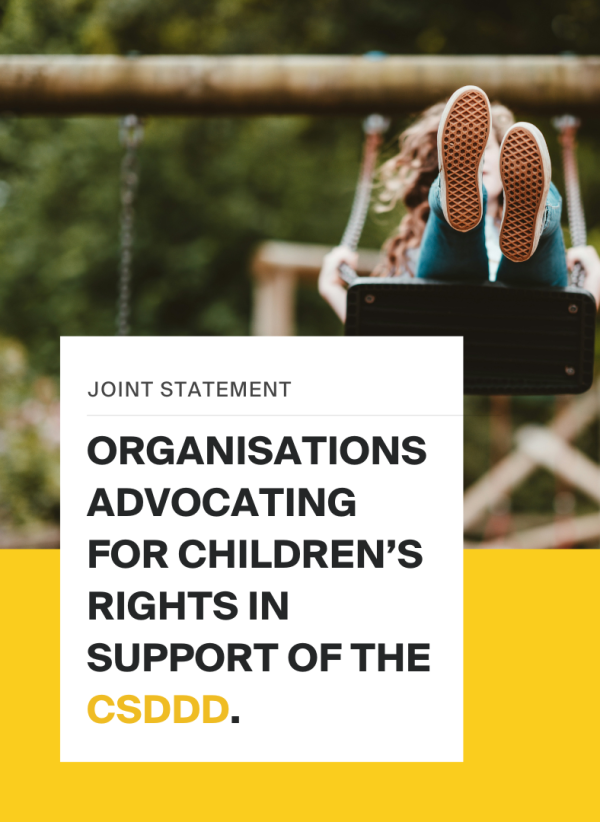This website uses cookies so that we can provide you with the best user experience possible. Cookie information is stored in your browser and performs functions such as recognising you when you return to our website and helping our team to understand which sections of the website you find most interesting and useful.

The successful action by citizens and NGOs in a Dutch court against Shell has sent a frisson through corporate boardrooms—with reason.
In a historic victory for climate justice, in late May a Dutch civil court held a corporation liable for the first time for its contribution to climate change. The ruling that the oil giant Shell must reduce its global carbon-dioxide emissions by 45 per cent from 2019 levels by 2030 is a game-changer for corporate accountability and our future on this planet.
The decision sets a precedent for litigation against slow-moving polluters. Not only has it opened new legal avenues for climate action. The judges clearly spelt out that companies have an individual responsibility to combat climate change, because of its severe impacts on human rights.
Woefully inadequate
Climate litigation is in full flood. With thousands of cases in 37 countries around the world, including 57 in Europe, taking climate laggards to court is all the rage. Judges across Europe are telling governments finally to face the music: their efforts to protect people and the planet from dangerous climate change are woefully inadequate.
In December 2019, the Supreme Court in the Netherlands found the Dutch government’s emissions-reduction plan insufficient. Last July, the Supreme Court in Ireland quashed its government’s mitigation plan. In February, a Paris court convicted the French state of not keeping its promise to tackle emissions. And in April the German Constitutional Court forced the federal government to revise climate-change laws.
But litigation is increasingly also holding the feet to the fire of the worst corporate emitters of greenhouse gases—not just governments. An early instance was in 2015 when a Peruvian farmer, supported by the NGO Germanwatch, took on the energy giant RWE, one of Europe’s largest CO2 emitters. He sought 0.47 per cent of the estimated cost of preventing a potential glacial-lake flood threatening his home—an amount corresponding to the company’s contribution to global-heating emissions.












